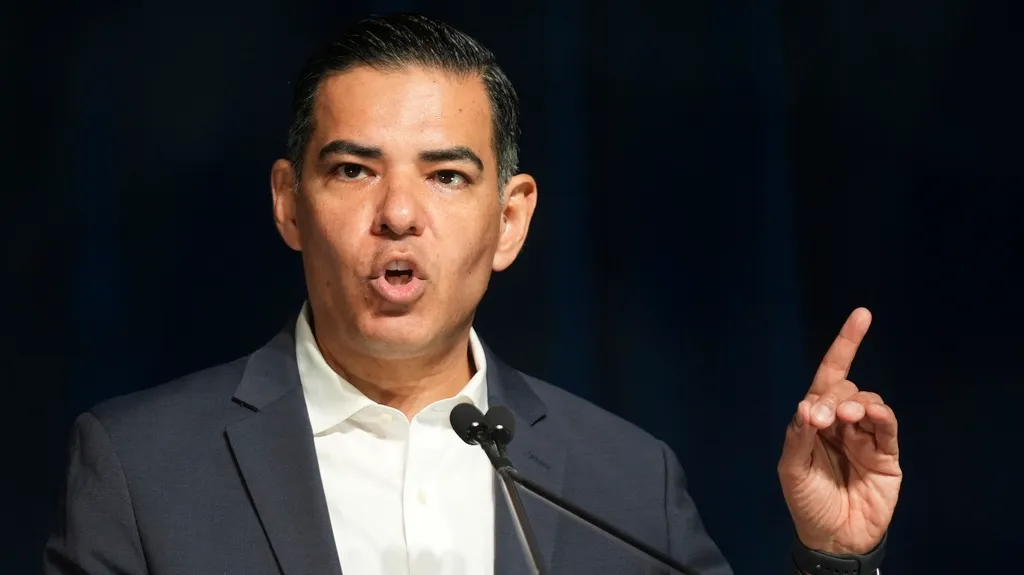June 17, 2011
Georgia Tackles Bullying in the Classroom
Casey Hamilton READ TIME: 2 MIN.
There aren't many current issues in the country that manage to maintain a high profile without inspiring some form of debate. Anti-bullying may very well be the exception.
Unlike marriage equality, for example, it isn't an issue that faces a notable amount of opposition.
Still, bullying has garnered more than its share of headlines in the past year with the well-publicized suicides of Tyler Clementi, Billy Lucas and other LGBT teenagers around the nation. Jaheem Herrera, a fifth-grader from DeKalb County, hanged himself in 2009 after he reportedly endured constant bullying at school. The White House held an anti-bullying conference in March. And President Barack Obama is among those who submitted videos to the "It Gets Better" project.
A year after Herrera took his own life, Georgia state Sen. William Hamrick [R-Carrollton] introduced a measure that would clearly define bullying and require local schools to implement a model anti-bullying policy. With Senate Bill 250, districts would also have to notify parents of students who are involved in bullying.
The measure became law in May 2010, but further incidents suggest that bullying in Georgia classrooms remains a problem.
A Fayette County student was arrested in Dec. 2010 after he allegedly threatened to bring a gun to school to defend himself against his classmates who reportedly directed anti-gay taunts against him. None of the students who allegedly bullied him were reprimanded. And the case shined a light on the gaping holes that still exist within Georgia's efforts to tackle bullying.
Under Georgia's recently-expanded definition of bullying, intentional displays of force giving victims "reason to fear or expect immediate bodily harm" are prohibited. SB 250 also allows school administrators to reassign those students in grades six through 12 with up to three bullying offenses to an alternative school.
And while the bill contains limited protection against cyber-bullying, it makes no mention of perceived threats or assaults on students' gender identity or sexual orientation.
With the Whitewater High School student receiving a charge for two counts of making terroristic threats and a suspension from school while the suspected bullies escaped punishment, a petition in support of a new policy that would state anti-gay harassment is an instance of bullying.
The Georgia Safe Schools Pledge, a Georgia Equality-backed initiative, supports the petition, which has 255 signatures to date. The group praises improvements made to the Peach State's anti-bullying efforts, but it aims to "ensure that enumerated categories (i.e. sexual orientation, gender ID, race, religion, etc.) make it into law across the state, in each and every school district."
"Enumerated categories are consistently shown to reduce bullying and foster a welcoming environment in schools, not just for lesbian, gay, bisexual, transgender and students perceived as such, but for all students as well," said Georgia Equality, which lists this issue as a top priority.
No future changes to the anti-bullying bill have been announced in response to the pledge, petition or Whitewater High School incident though the bill does state that the model policy "may be revised from time to time."




